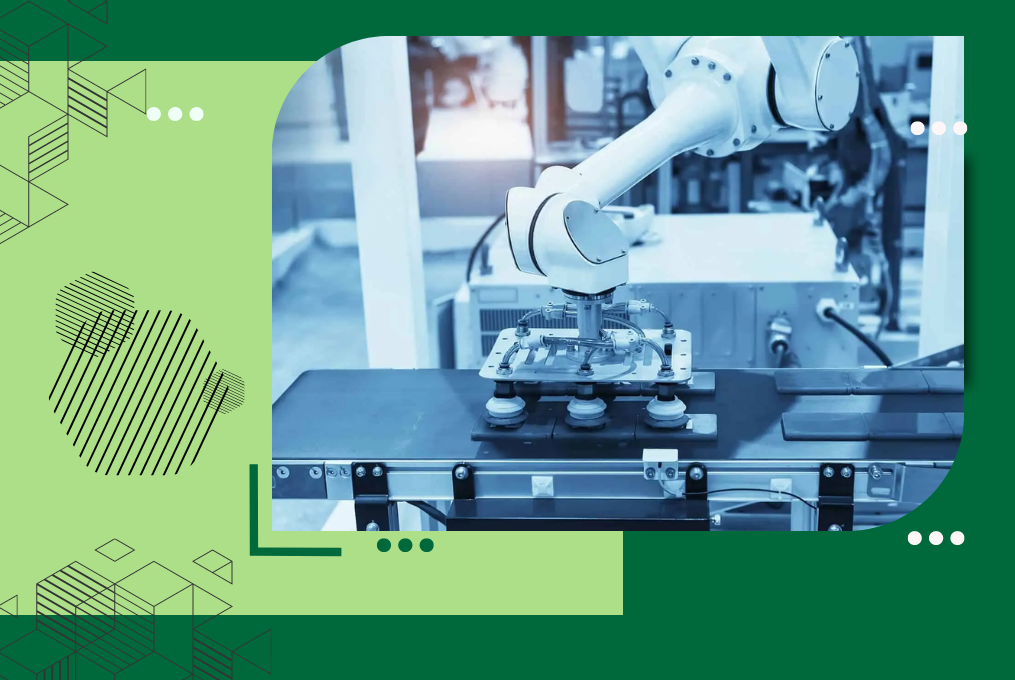Sheet Metal in Healthcare: Manufacturing Critical Components for Medical Devices

Sheet metal is a vital material in the healthcare industry, and it is used to manufacture essential components for medical devices. Known for its strength, precision, and durability, sheet metal is ideal for creating reliable and safe tools and machines. From surgical instruments to hospital beds and advanced imaging equipment, sheet metal ensures these devices perform accurately and withstand the demands of medical environments. Its ease of cleaning and resistance to germs also make it a hygienic choice. This blog explores the significant role of sheet metal in healthcare, highlighting its benefits, applications, and the future of this critical material.
Sheet Metal in Medical Devices

Medical devices are tools that help doctors and nurses treat patients. They can be simple tools, like scalpels, or complex machines, like MRI scanners. Many parts of these devices are made from sheet metal. Here are some examples of medical devices that use sheet metal parts:
Surgical Instruments: Tools like scalpels, scissors, and forceps are made from sheet metal. These tools need to be very sharp and strong to perform surgeries safely.
Hospital Beds: The frames of hospital beds are made from sheet metal. These frames must be strong to support patients and adjustable to provide comfort.
MRI and CT Scanners: The outer casing and internal parts of MRI and CT scanners are made from sheet metal. These machines need to be precise and reliable to give accurate results.
Ventilators: The housing and some parts inside ventilators are made from sheet metal. Ventilators help patients breathe and are critical in emergencies.
Benefits of Using Sheet Metal in Healthcare
Using sheet metal in healthcare has many benefits:
Strength and Durability: Sheet metal is solid and can last long. This is important for medical devices that need to be reliable and safe.
Precision: Sheet metal can be cut and shaped with high precision. This is crucial for making parts that fit perfectly and work correctly.
Hygiene: Sheet metal is easy to clean and does not hold germs. This makes it ideal for use in hospitals and clinics where cleanliness is essential.
Flexibility: Sheet metal can be made into many shapes and sizes. This allows for the creation of a wide range of medical devices.
Challenges in Using Sheet Metal

While sheet metal has many benefits, there are also some challenges:
Cost: Making parts from sheet metal can be expensive. The process requires specialized machines and skilled workers.
Corrosion: Some metals can rust or corrode over time. This can be a problem in medical devices that must be used for a long time. Using metals that resist corrosion, like stainless steel, can help solve this issue.
Weight: Metal parts can be heavy. This can be a problem for devices that need to be lightweight and portable. Using metals like aluminum, which are lighter, can help reduce weight.
Future of Sheet Metal in Healthcare
The use of sheet metal in healthcare is likely to grow in the future. Advances in technology are making it easier and cheaper to produce sheet metal parts. New types of metals and coatings that are stronger, lighter, and more corrosion-resistant are being developed. These advancements will help make better and more affordable medical devices.
Wrapping Up!
Sheet metal plays a critical role in the healthcare industry. It makes many vital parts for medical devices that help doctors and nurses treat patients. The strength, precision, hygiene, and flexibility of sheet metal make it ideal for this purpose.
While there are some challenges, technological advances are helping to overcome them. As a result, sheet metal will continue to be an essential material in healthcare, helping to improve medical devices and save lives.